Introduction
No, dogs must not eat blue cheese. Known under many names like Gorgonzola, Stilton, and Roquefort, blue cheeses are made with the noble mold Penicillium roqueforti and are considered a luxurious delicacy.
However, in dogs, the by-products of P. roqueforti may cause intoxication. And even if you slice a part where there are no visible molds, there are still several cheese-related hazards for dogs. As a responsible dog owner, you need to keep blue cheese away from your dog’s food bowl.
Why is Blue Cheese Bad for Dogs?
The main concern associated with blue cheese is the thermogenic mycotoxins that develop from the noble mold used in the cheese maturing process. However, even without the mold itself, cheese is not a suitable food choice for dogs. Let’s review the different reasons blue cheese is bad for dogs.
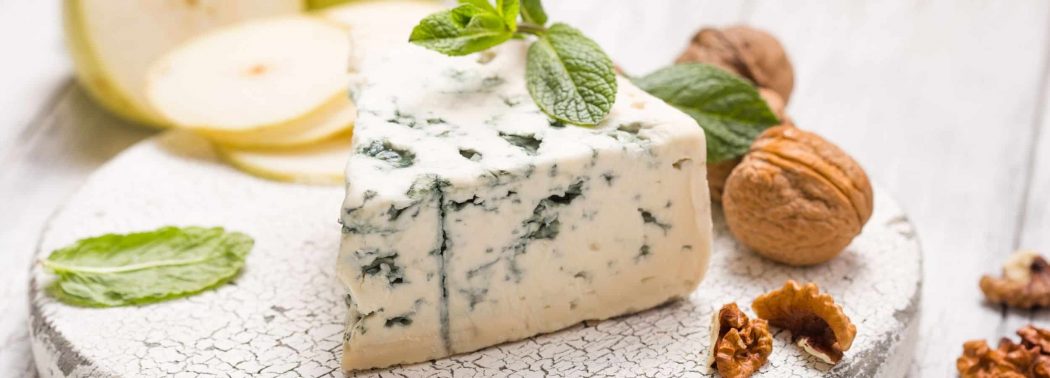
Roquefortine poisoning
Penicillium roqueforti, the mold responsible for the blue color and unique smell and texture, produces a thermogenic mycotoxin called roquefortine C. As the blue cheese matures, its amount of roquefortine C increases. In dogs, this toxin may cause a so-called roquefortine poisoning, which is a potentially life-threatening situation.
High dehydration risk
Dogs are not very good at digesting high-sodium foods such as blue cheese. If a dog eats salty cheese, it is likely to become dehydrated. The risk of dehydration is even higher in dogs with pre-existing kidney problems.
Salt poisoning
In more severe cases, the mentioned sodium content may cause salt poisoning. In most, cases salt poisoning is manageable with prompt and adequate treatment. We should note that a dog would need to eat a significant amount of cheese to develop salt poisoning.
Fats and Pancreatitis
Like all cheese varieties, blue cheese is high in fats. Too many fats can wreak havoc on the dog’s stomach or, worst-case scenario, trigger pancreatitis. Pancreatitis is a life-threatening situation that warrants immediate veterinary attention.
Lactose intolerance
Last but not least, adult dogs are lactose intolerant, meaning they cannot digest milk and dairy. This is because adult dogs lack the enzyme lactase necessary for processing the milk sugar called lactose. When a lactose-intolerant dog consumes blue cheese, it will develop an episode of diarrhea, vomiting, abdominal pain, gassiness, and decreased appetite.
Signs Your Dog has Eaten Blue Cheese
The signs following your dog’s ingestion of blue cheese depend on several factors, including the dog’s size, the amount of consumed cheese, and how much mold was on the cheese chunk.
Best-case scenario, your dog will consume a smaller amount and develop a digestive upset manifested with:
- Vomiting
- Diarrhea
- Decreased appetite
- Abdominal pain
- Lethargy
- Dehydration.
However, in more severe cases, roquefortine poisoning is possible. The clinical signs and symptoms of roquefortine include:
- Vomiting
- Diarrhea
- Paddling
- Panting
- Muscle tremors
- Seizures
- Increased sensitivity
- Dilated pupils
- Lack of coordination
- Fever.
What to Do If My Dog Ate Blue Cheese?
If you catch your dog in the middle of the act first, you need to separate it from the rest of the blue cheese. Then, assess the situation (try to determine how much the dog ate) and call the vet.
It is important to stay as calm as possible and provide the veterinarian with as many information as you can. Based on facts, the vet will determine whether it is best to monitor the dog at home or have it brought to the clinic.
If there is a high risk of roquefortine poisoning, the veterinarian will recommend hospitalization until full recovery.

Summary
All in all, blue cheese is a no-go for dogs. The truth is all cheeses are hazardous for dogs. However, blue cheese holds an additional danger – it can cause roquefortine poisoning.
If your dog loves cheese treats, stick to low-fat and low-sodium cheese varieties like cottage cheese and mozzarella. However, do not forget that there are far healthier and safer treats for canine friends than dairy products.
Sources
- Acute penitrem A and roquefortine poisoning in a dog, Sean L. Walter, 2002
- Pancreatitis in Dogs, BluePearl Specialists, 2020
- Salt Poisoning, LeaderVet, 2020
- Lactose Intolerance In Dogs, Jay, 2021
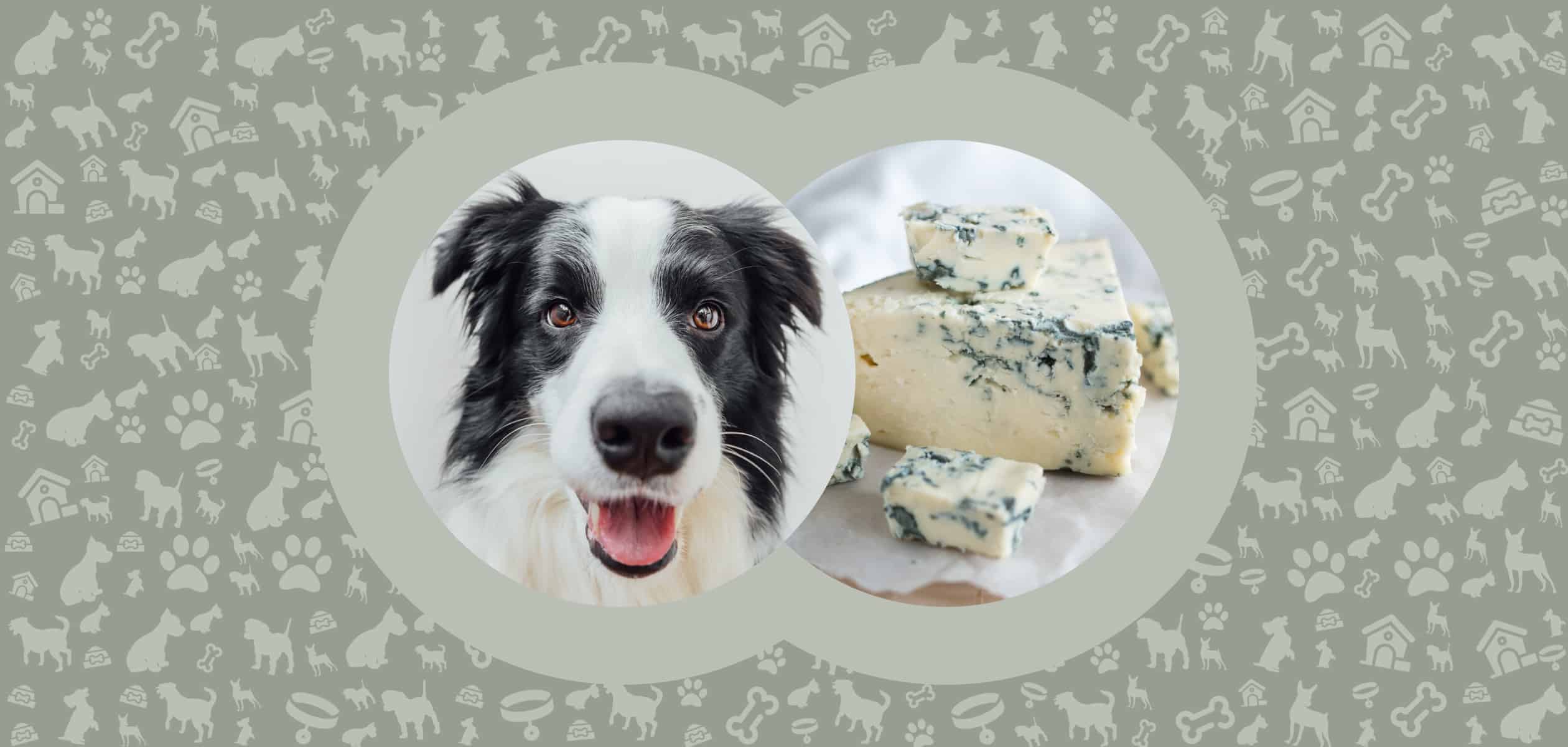
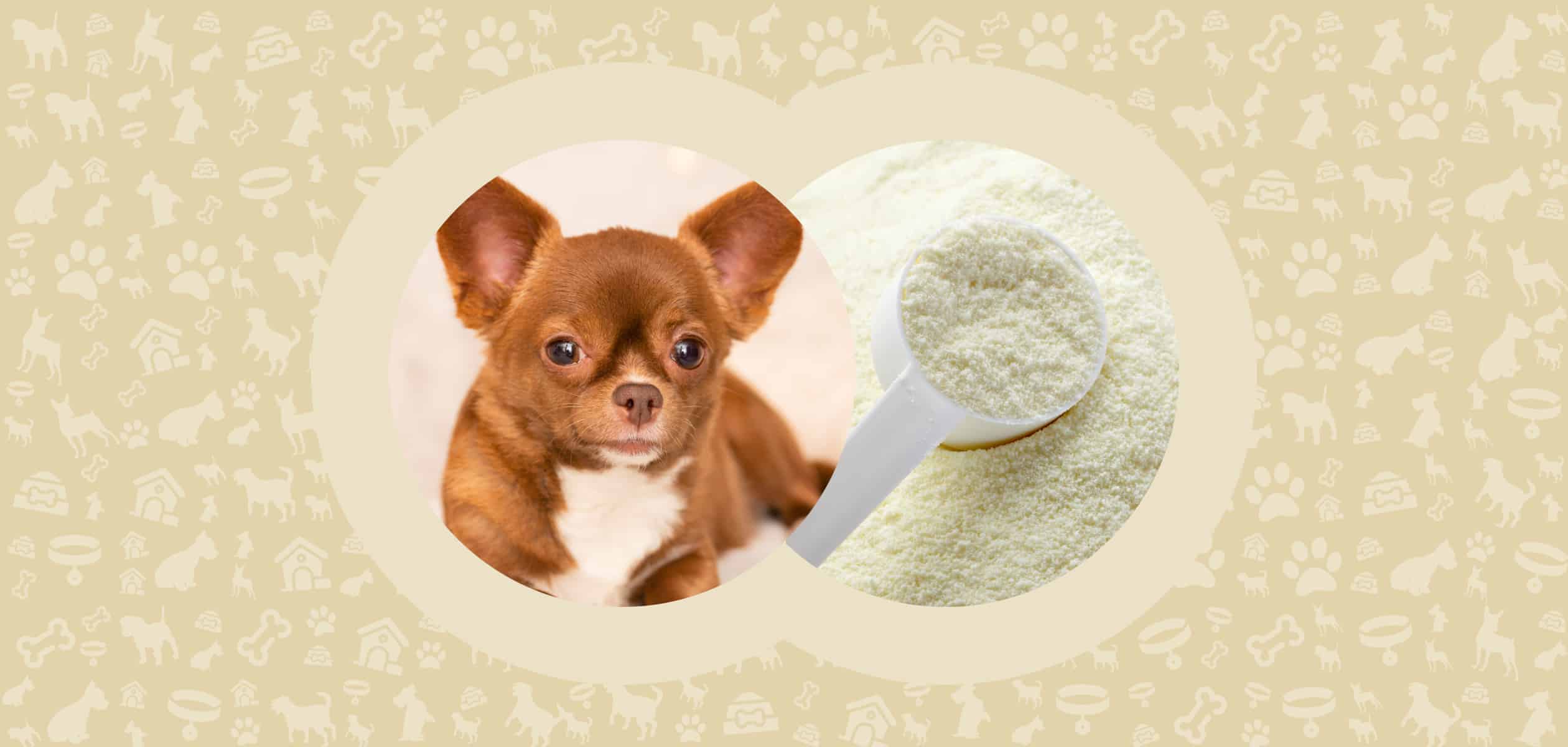
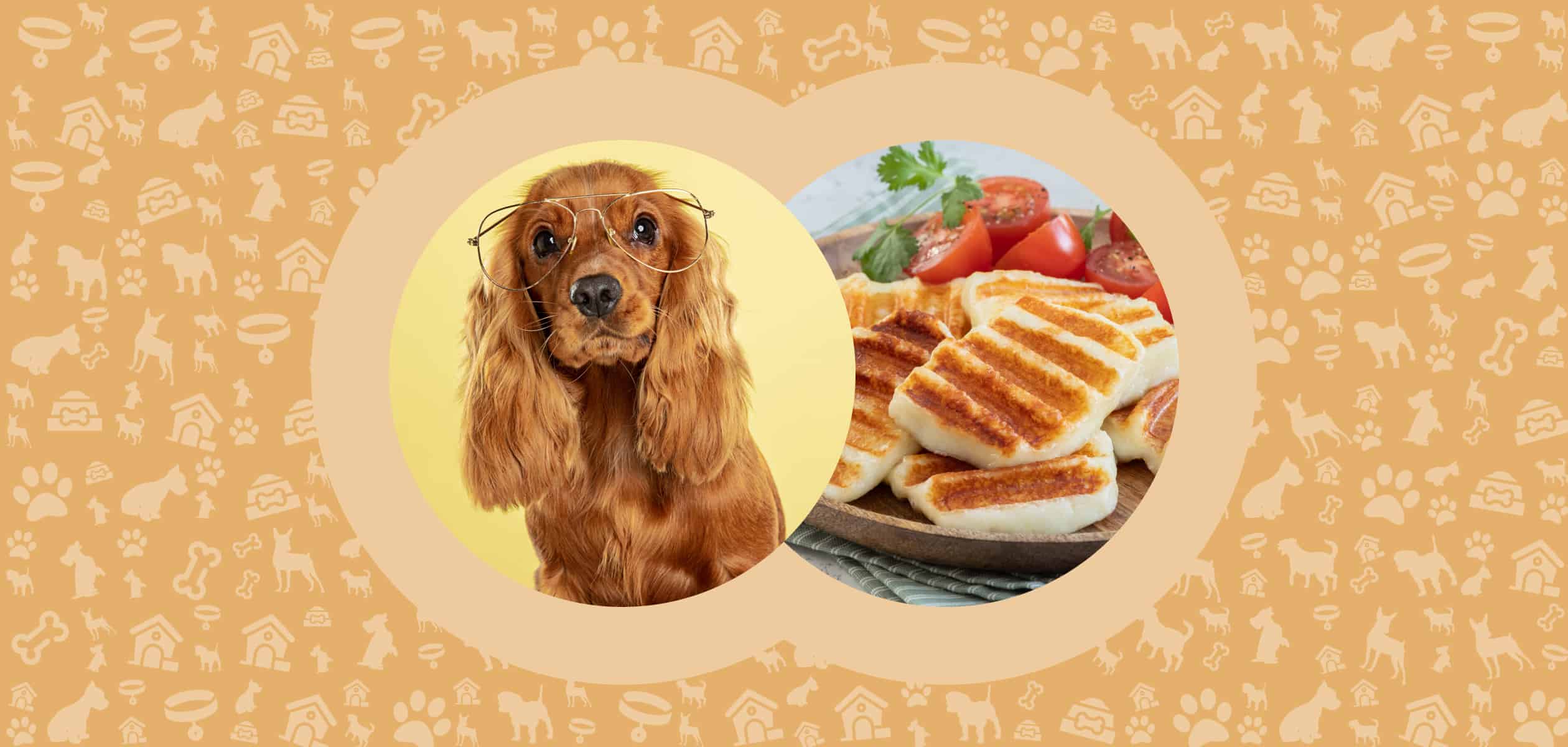
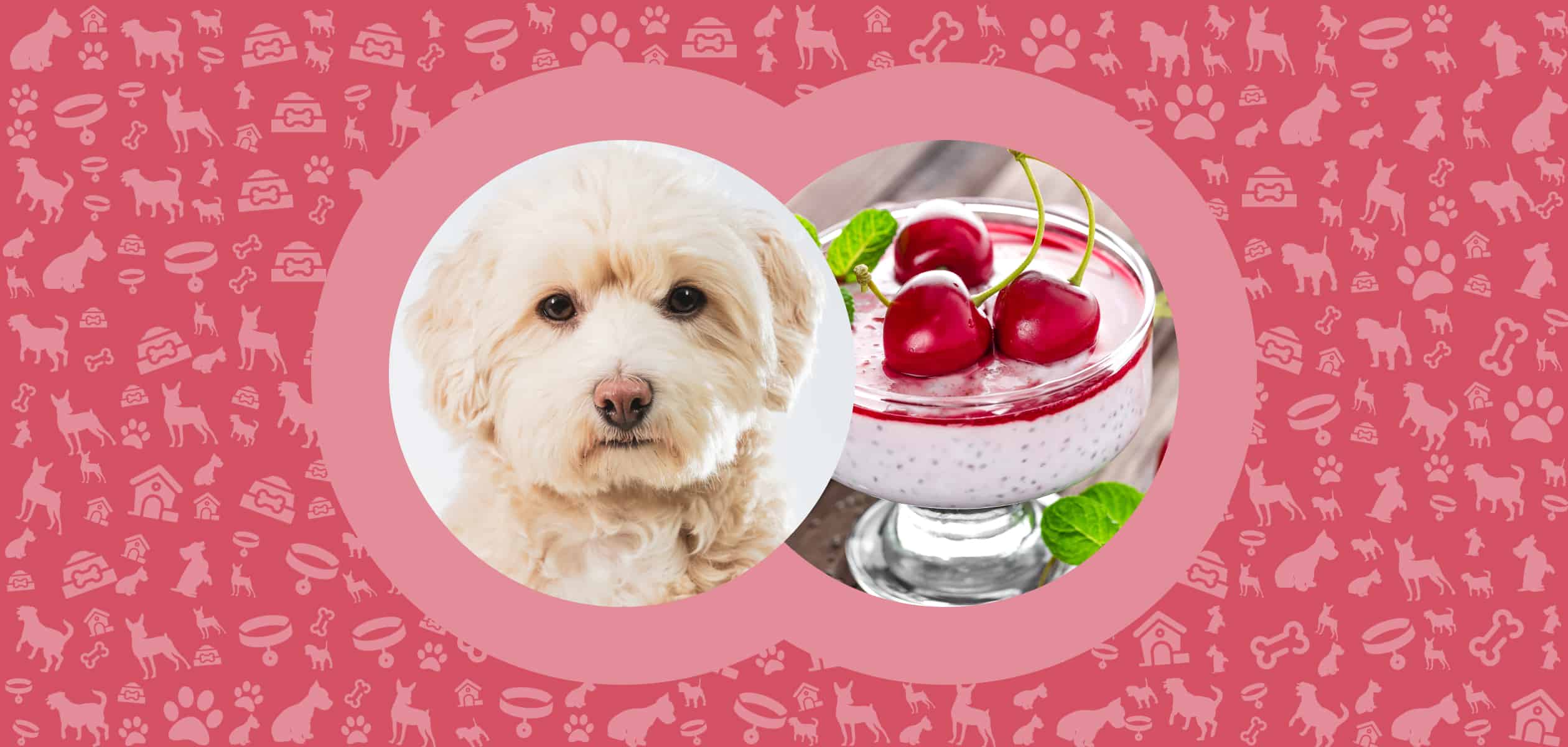
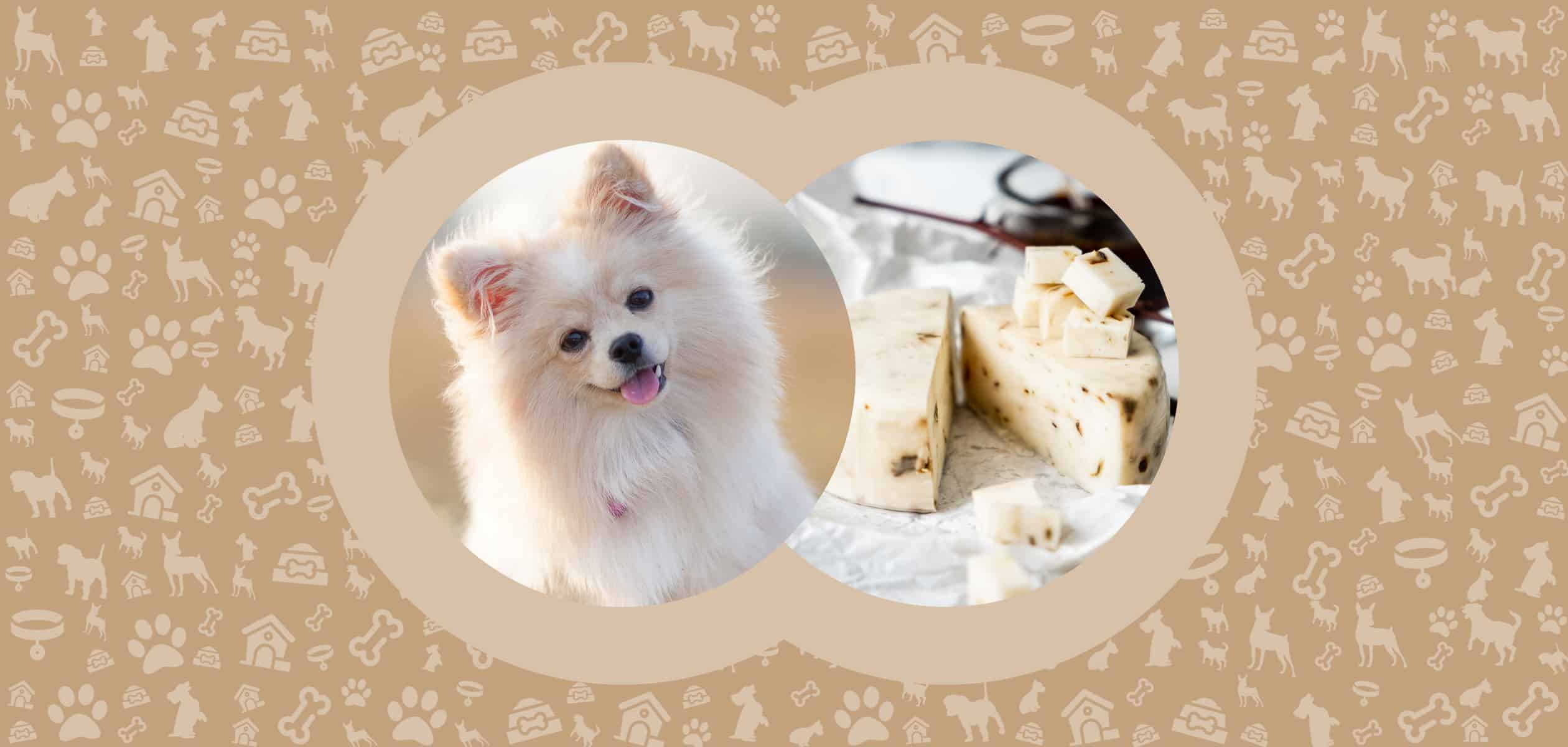
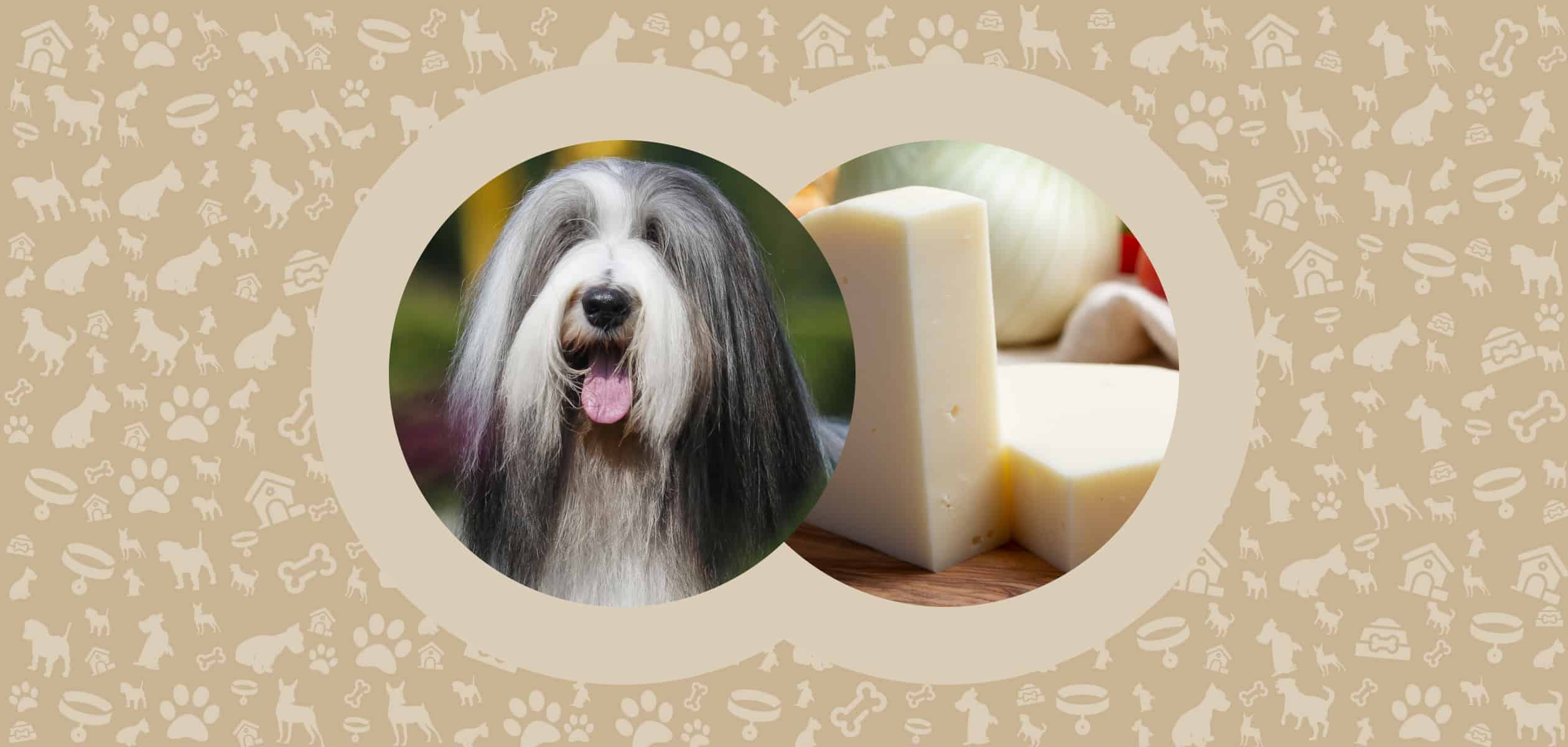
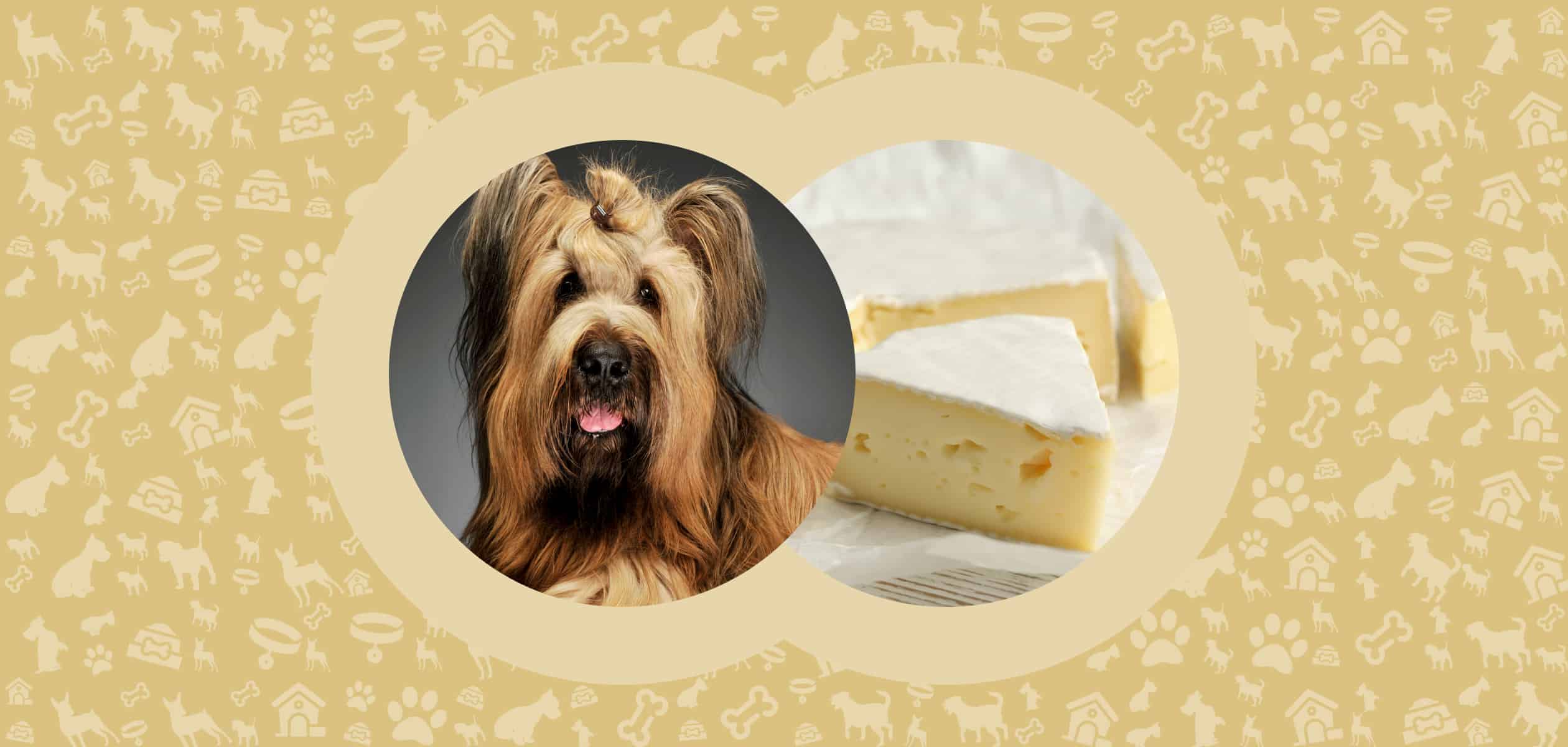
Leave a Comment